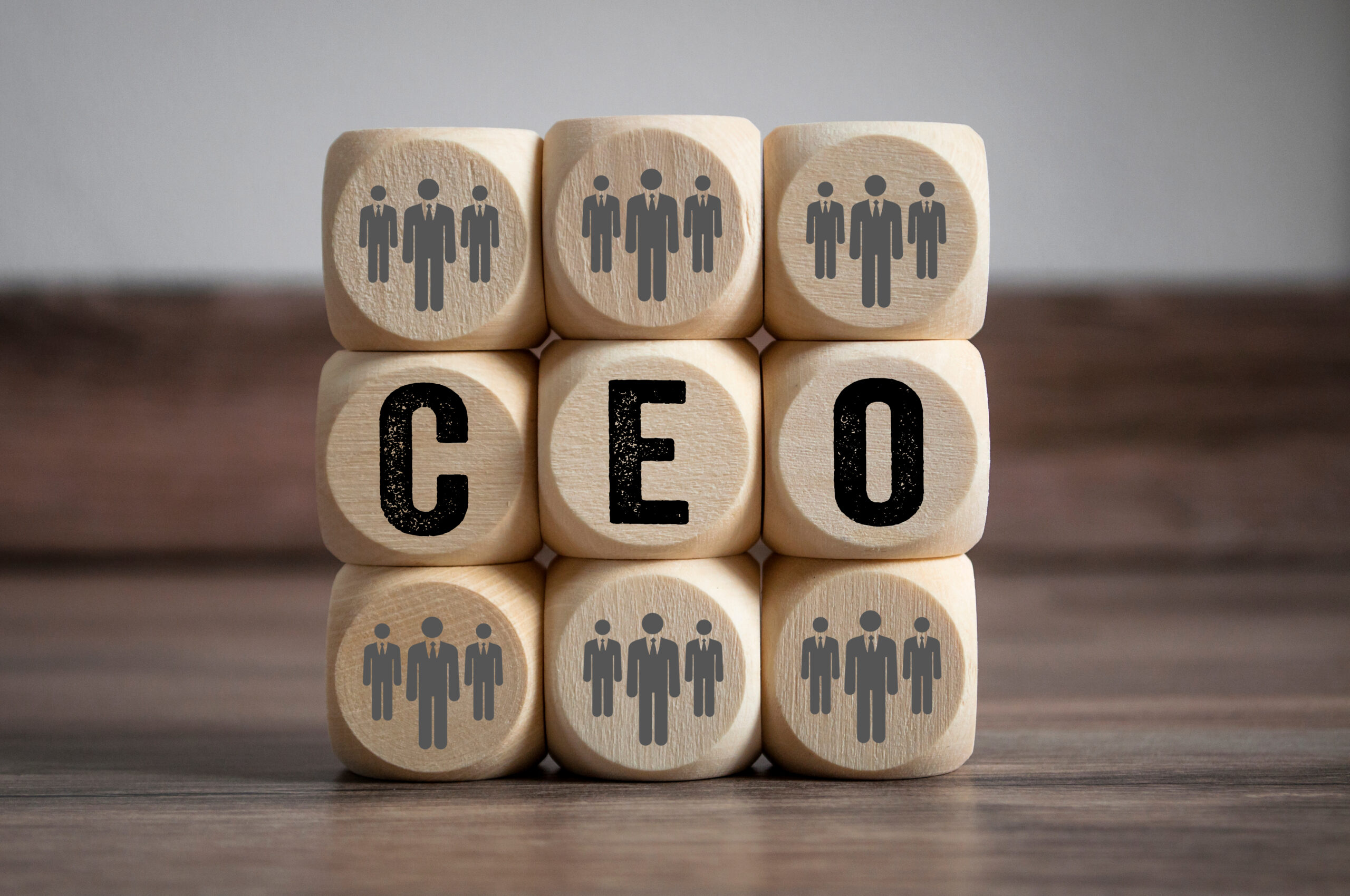By Ariel D. Weindling, Esq.
Here is a transcript of a phone conversation I recently had with the head of HR of a company with around 3,000 employees.
-Hi, this is Chloé [The names of the people mentioned and the name of the company have been modified.] – I am a friend of Nick who told me to reach out to you. I am the head of HR at R-Kiko Inc. He said you were the expert on employee speak up and listening and that your company could help us.
-Nick is too kind and he has, as you know, a slight tendency to exaggerate. But he is right in that I have some expertise on how an employer can build trust & safety with its employees. I guess that is what he meant…..
-Ah ok. What do you do exactly?
-I help employees safely speak up and report issues to their employers and help employers do a good job in investigating issues and responding to employees’ concerns once those are raised. I help bridge the trust gap between employees and their employers. I created a tech solution and a company, NotMe Solutions, dedicated to that.
-What kind of issues are we talking about here?
-Any types of issues that happen at work. We are experts in misconduct reporting and compliance-related matters.
-Would you consider theft at work to be misconduct?
-Absolutely. It is misconduct. Your employees are not supposed to steal from you. We empower your employees to report harassment, discrimination, bullying, theft, fraud, safety hazards, etc. Why don’t you tell me what is going on?
-Sure. We have a theft problem. We do not know who amongst our employees are committing the theft. It is happening throughout several of our locations across the many states in which we operate. Some employees are stealing cash. At the cash register. Every weekend we’re bleeding cash that is being stolen across several locations. We cannot identify the thieves.
-Don’t you have cameras?
-Yes we do but we cannot identify the culprits. The cash might be stolen before it hits our cash register.
-Weird.
-Indeed.
-One of our employees in our New Jersey location recently came forward and reported a colleague who was allegedly involved in stealing. But he is the only one who’s come forward in the past 12 months. We have a problem. We need our employees to report the thieves. We need them to let us know who is stealing.
-I see. So you want your people to trust you and report to you, right?
-Exactly. We need them to identify the thieves. We need the bleeding to stop. Our CEO is going nuts with this issue. Can you help us?
-Maybe. But first, tell me about how you encourage your employees to speak up and report issues?
-We tell them to report if they need to. We have policies in place on that matter in our handbook. We have an open door policy. And employees can report over the phone and online. We tell employees to report issues to HR if needed.
-Ok. So you are doing what everyone is doing, right?
-Yes. But it does not seem to work.
-Chloé, can I be candid?
-Sure.
-How long have you been in HR?
-15+ years.
-So you know as much as I do…….you know why your employees are not reporting internally.
-What do you mean? We do everything we can. We have a hotline, we have an open door policy. I even regularly send reminders to the employees about our hotline provider. I tell them to report.
-And yet they don’t……..come on Chloé…….why do you think your people are not telling you who is stealing?
-Because they do not trust us? Perhaps some fear retaliation……or they dislike us and may like that we’re bleeding cash, I don’t know anymore. I have tried everything. We do tell our employees to report……
-Come on. You know that you can ask and demand as much as you want that they report to you. It is, how do we say……wishful thinking. It is not because you ‘demand’ it that they will. You can have it written in fluorescent pink on all of your internal communications, it won’t change a thing. You do not decide if, when and how people speak up. Your people do. Not you, not your CEO, not your legal. Your people do. You can accompany them, you can guide them but the ultimate decision is theirs.
-I had not thought about that in that angle.
-Most leaders do not. Most people believe that fear of retaliation is the biggest hurdle to employees not reporting. I disagree. Those are factors among many others. Do you know how important ‘reciprocity’ is in the context of speaking up and whistle-blowing?
-No. I have never heard of it. And have never thought about it actually.
-Alright, let me tell you how crucial reciprocity is.
-First let’s define reciprocity.
rec·i·proc·i·ty
/ˌresəˈpräsədē/
noun
1 : the quality or state of being reciprocal : mutual dependence, action, or influence
2 : a mutual exchange of privileges
specifically : a recognition by one of two countries or institutions of the validity of licenses or privileges granted by the other
Actually, in the context of speaking up and reporting misconduct in your workplace, both definitions make sense.
1. You want your employees to reciprocate and you want to reciprocate to them. You want to be mutual; And
2.You and your employees are doing a mutual exchange of privileges throughout the speak up/investigation/resolution phases.
So Chloé, if you and your CEO want your employees to report the thieves and help you, you must reciprocate and help them. You see, when it comes to misconduct in the workplace, there are different types of issues/behaviors or incidents that can be reported. Some behaviors are issues your employees will take to heart more than others (harassment, bullying, discrimination, etc.) or anything that has to do with unfair treatment, disrespect, or perceived unfair treatment or disrespect. But sometimes, the issues really only matter – or matter much more – to the management. A FCPA violation for example or in your case, the theft that is going on. It matters to your CEO because he is losing cash. So if you want your people to report to you the behaviors that matter to management, you need to WELCOME and SHOW THEM that you care about them reporting to you the issues or behaviors that matters to them first. How do you handle reports of harassment or discrimination? Do you listen? Do you conduct fair & prompt investigations? Do you follow up? Do you take remedial actions? In the context of speaking up, you as the head of HR and your CEO must take the initiative. If you do that and do it well, your employees will reciprocate. You do good by them when they need to speak up for themselves, they will reciprocate and do good by you when it is time for them to speak up for you because the behavior is harming the business.
-I had never thought of that, Ariel. It kind of makes sense.
-I know it does but it is not all. Reciprocity matters also because it sparks a mutual exchange of privileges.
-What do you mean?
-When your employees speak up and report to you, they give you the privilege to listen. When you listen to them (i.e., promptly & fairly investigate, etc.) you grant them in exchange the privilege to speak up and report to you.
-I see, it is kind of like a virtuous circle.
-Exactly! This is exactly that. But unlike the egg and chicken dilemma, we know what needs to happen first for people to report internally. You need to welcome them speaking up even before they do and show & demonstrate that you’re eager to listen. You need to grant them the privilege to speak up. They will reciprocate in turn and will grant you the privilege of listening. And once they’ve got your attention, they will reciprocate and will help you identify your thieves.
-You know what, you actually make sense. I had never thought of that before. Nick was right. How do we create reciprocity in practice? What should I do next?
-Email Matt from our team at [email protected]. He will know what to do and will hook you up.
-Sounds like a plan Ariel.
-You’re welcome Chloé – feel free to call back if needed and tell Nick I say ‘Hi.’
For more on this contact us HERE












